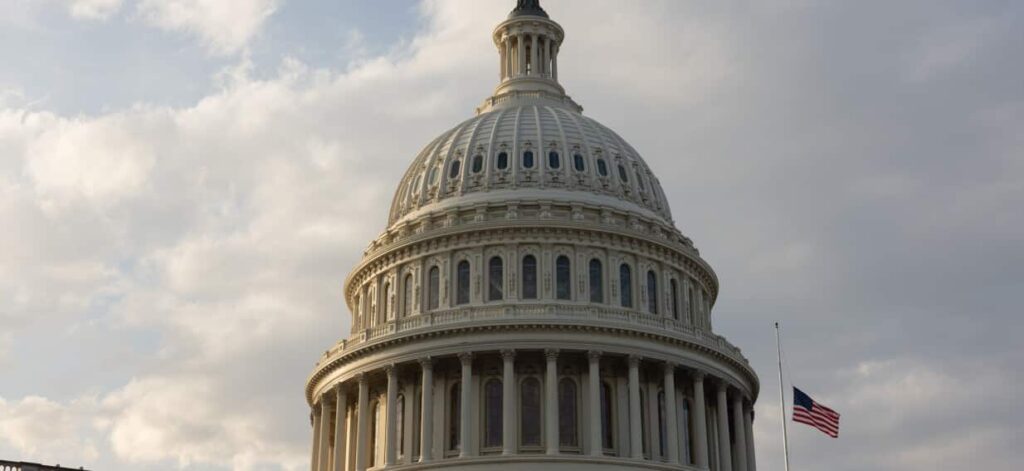
The US Senate has taken a significant step toward ending the longest government shutdown in history, which has persisted for 40 days. On Monday, senators voted to advance a measure aimed at reopening the federal government, which has caused widespread disruptions including sidelined federal workers, delayed food aid, and air travel complications. The proposed legislation, originally passed by the House of Representatives, will be amended to fund the government until January 30, 2024, and will incorporate a package of three full-year appropriations bills.
If the Senate successfully passes the amended bill, it will require approval from the House before being sent to President Donald Trump for his signature. This process could take several days, but it represents a critical move to alleviate the ongoing impacts of the shutdown.
Funding and Employee Compensation
A deal struck between Republican and Democratic senators includes a commitment to vote in December on extending subsidies under the Affordable Care Act. This issue has been a priority for Democrats amidst the funding discussions. Additionally, the resolution aims to reverse some of the mass layoffs of federal workers executed during the shutdown and will fund Supplemental Nutrition Assistance Program (SNAP) benefits for one year.
According to Susan Collins, chair of the Senate Appropriations Committee, “All federal employees, including members of our military and Coast Guard, Capitol police officers, Border Patrol agents, TSA screeners, and air-traffic controllers, will receive their back wages” as part of the proposed measures. The agreement was facilitated by Senators Maggie Hassan and Jeanne Shaheen from New Hampshire, along with Angus King, an independent senator from Maine.
Senate Minority Leader Chuck Schumer, the top Democrat in the chamber, opposed the measure, highlighting the contentious nature of the negotiations.
Impact on Americans and Economic Outlook
The 40-day shutdown has led to significant disruptions for many Americans. Federal workers have faced uncertainty, while food assistance programs have been delayed. The shutdown has also had repercussions in the travel sector, with air traffic control staffing shortages posing a risk to travel during the upcoming Thanksgiving holiday season, which falls on November 27, 2023.
White House economic adviser Kevin Hassett warned on CBS’s “Face the Nation” that prolonged government closure could negatively impact economic growth in the fourth quarter, particularly if air travel does not return to normal levels in time for the holiday. Without swift action, the shutdown could have lasting effects on the economy and the daily lives of countless Americans.
As the Senate continues to deliberate, the focus remains on ensuring that federal operations resume and that all affected employees are compensated for their time away from work.






